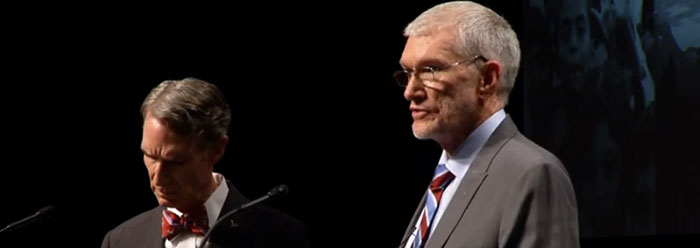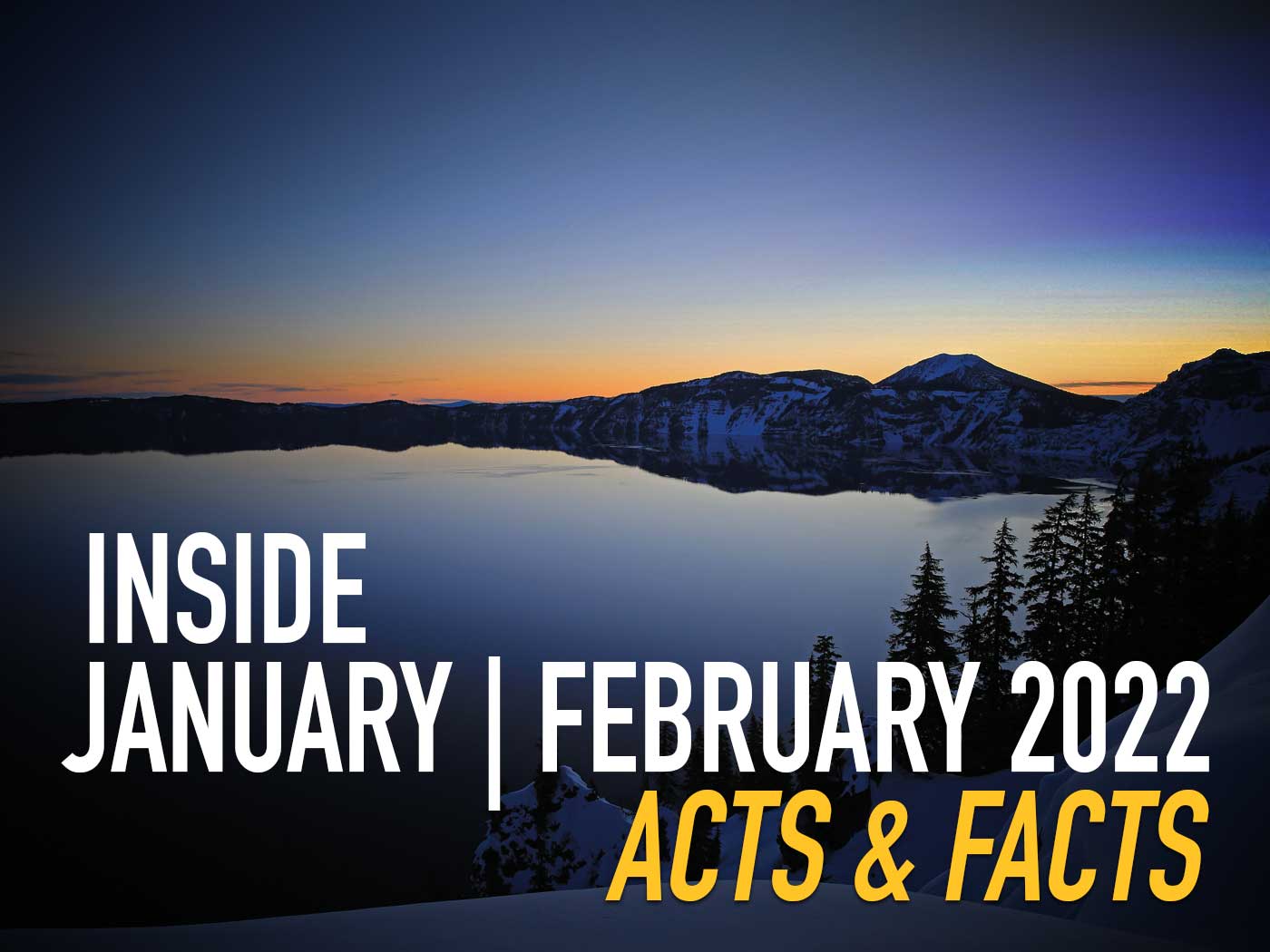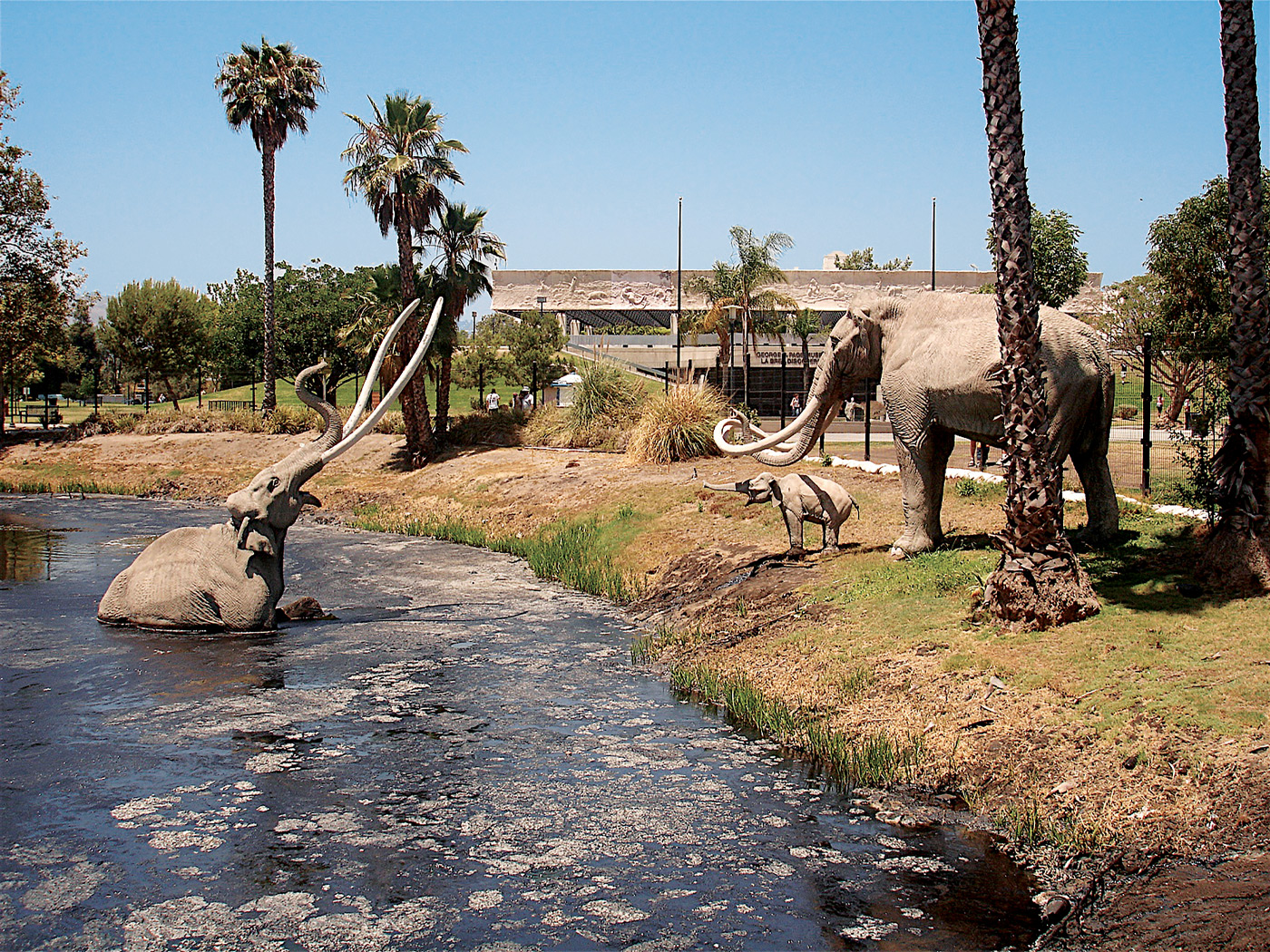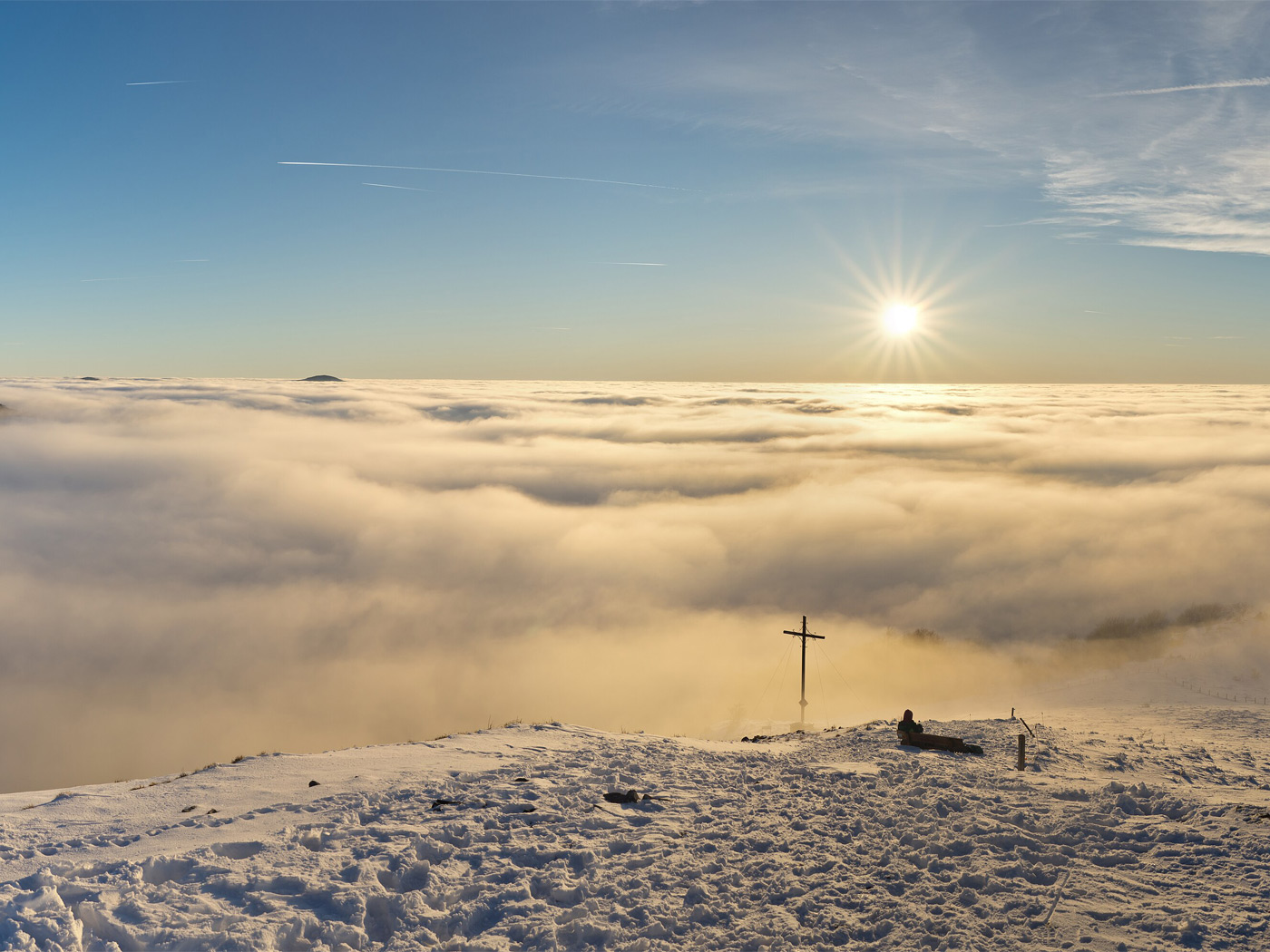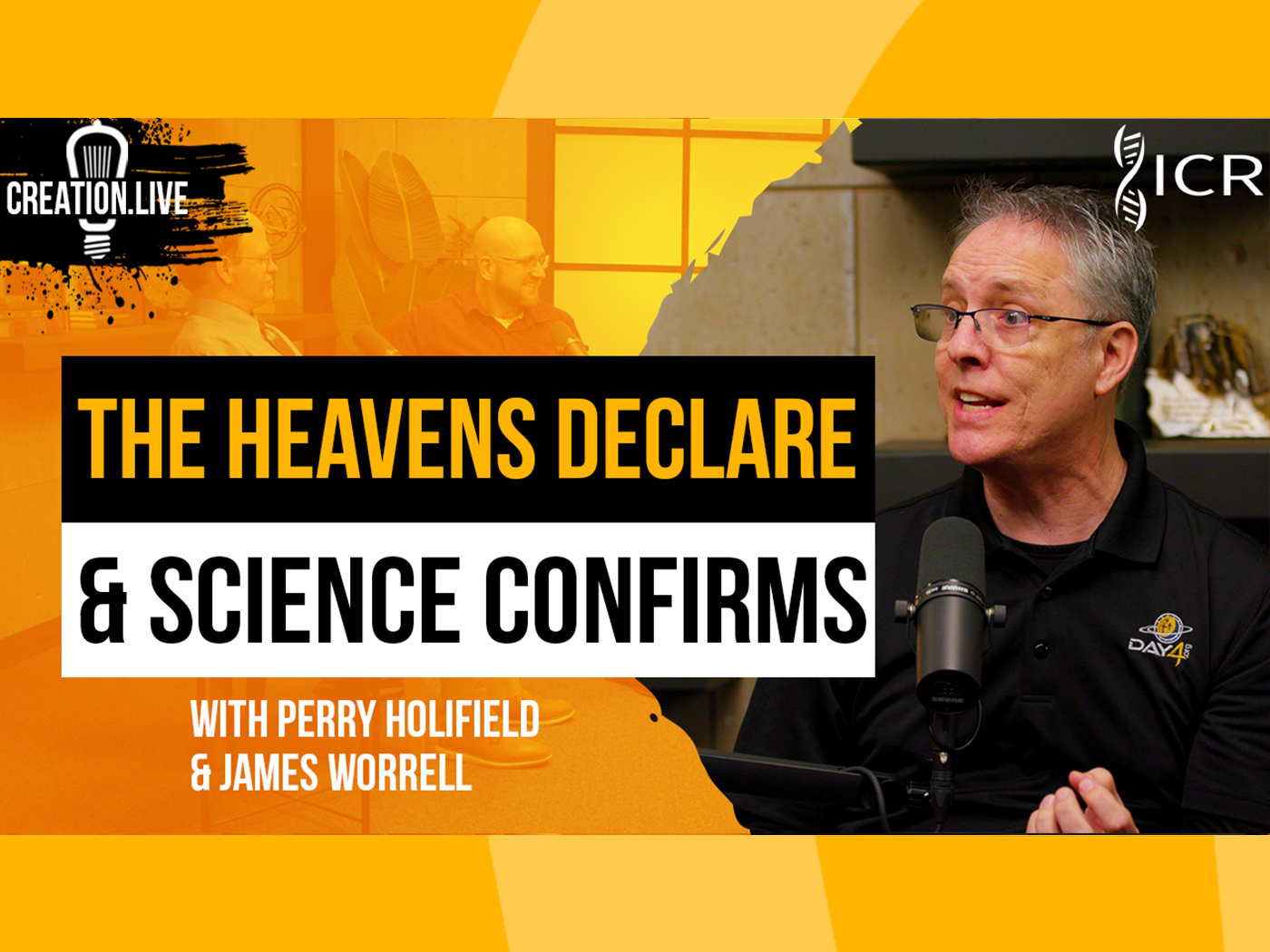A surprisingly large number of people—some three million—watched live online February 4 as debaters discussed the topic “Is creation a viable model of origins in today’s modern scientific era?” Ken Ham took the affirmative position while “Science Guy” Bill Nye took the negative. During the debate, Nye’s use of a certain fallacy was soon evident, and viewers should beware of this tactic because of the subtle way it can skew perception.
Each time Nye contrasted “Ken Ham’s creation model” of a young world with “us in the scientific community,” he committed the “no true Scotsman” fallacy. Astrophysicist Dr. Jason Lisle wrote in Discerning Truth that this fallacy is committed “when an arguer defines a term in a biased way to protect his argument from rebuttals.”1
The informal fallacy’s name comes from an imaginary conversation in which a Scotsman claims that no Scotsman puts sugar on his porridge. A bystander replies that he, too, is from Scotland but does put sugar on his porridge. The first Scotsman rejoins, “Well, no true Scotsman puts sugar on his porridge.”
What did he do? He essentially redefined the word Scotsman to insulate his argument against virtually any example that refutes it.
The fact that Ham presented specific examples of fully credentialed scientists who adopted the Bible’s creation account of history had no effect on Nye, who continued to insist that scientists are evolutionists—by definition. The “Science Guy” insulated his assertion from scrutiny by defining “scientific” to suit his needs.
The common general definition of science includes observing, measuring, and interpreting natural processes. But Nye’s definition of true science seems to involve observing, measuring, and interpreting natural processes only according to evolutionary tenets.
Nye was wrong to assume that no real scientist could ever hold the creation model, since scores of real scientists have and do. This is amply demonstrated in books like In Six Days: Why Fifty Scientists Choose to Believe in Creation and The Genesis Files, containing 22 interviews with Ph.D. scientists who ascribe to the creation model and tell their stories.2,3 And of course, early creation scientists forged the paths of each of today’s major scientific branches of inquiry, like Isaac Newton’s physics,4 Matthew Maury’s oceanography, Louis Pasteur’s immunology,5 Michael Faraday’s electromagnetism,6 and George Carver’s agriculture.7,8 Are we to believe that Newton and Pasteur were not real scientists?
Apparently, facts like these do not matter to someone who is so fully committed to the false idea that real scientists only believe in evolution that he is more than willing to adjust the very definition of scientist to preserve his argument.
The fictional Scotsman who actually does put sugar on his porridge was willing to present and perhaps even demonstrate his case. In the same way, a minority of true scientists are willing and prepared to make their cases for biblical and scientific creation. Why would anyone even feel the need to protect their anti-creation definition of scientist with a “no true Scotsman” fallacy unless the evidence for recent creation that believing scientists are prepared to present constitutes a real threat?
References
- Lisle, J. 2010. Discerning Truth. Green Forest, AR: Master Books, 134.
- Ashton, J., ed. 2001. In Six Days: Why Fifty Scientists Choose to Believe in Creation. Green Forest, AR: Master Books.
- Wieland, C., ed. 2004. The Genesis Files. Green Forest, AR: Master Books.
- Dao, C. 2008. Man of Science, Man of God: Isaac Newton. Acts & Facts. 37 (5): 8.
- Dao, C. 2008. Man of Science, Man of God: Louis Pasteur. Acts & Facts. 37 (11): 8.
- Dao, C. 2008. Man of Science, Man of God: Michael Faraday. Acts & Facts. 37 (8): 8.
- Dao, C. 2008. Man of Science, Man of God: George Washington Carver. Act & Facts. 37 (12): 8.
- Morris, H. 1982. Men of Science, Men of God. Green Forest, AR: Master Books.
* Mr. Thomas is Science Writer at the Institute for Creation Research.
Article posted on February 7, 2014.




